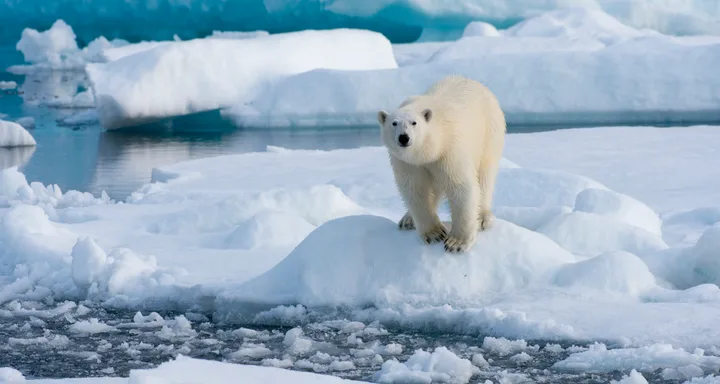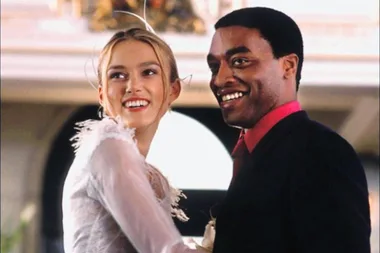Polar bears are facing extinction – and we only have ourselves to blame.
For the first time, scientists have given a date for when these beautiful arctic bears may disappear from the planet altogether, citing climate change as a key factor in their decline.
Researchers from the University of Toronto examined how long the bears could survive in the arctic, as the sea ice they depend on to hunt, declines. They are are now warning that polar bears could be extinct by the end of this century if greenhouse gas emissions continue at their current rate. All but a few polar bear populations in the Arctic will probably be gone by 2100.
Their dwindling food sources is being blamed on the climate crisis, as ice levels in the Arctic have decreased at least by 40 percent over the last 25 years.
By as early as 2040, it is very likely that many polar bears will begin to experience reproductive failure, leading to local extinctions, according to a study published in Nature Climate Change.
Dr Steven Amstrup, chief scientist of Polar Bears International, told BBC News, ‘First, we’ll lose the survival of cubs, so cubs will be born but the females won’t have enough body fat to produce milk to bring them along through the ice-free season.’
‘As the ice breaks up, the animals are forced to roam for long distances or on to shore, where they struggle to find food and feed their cubs. Any of us know that we can only go without food for so long. That’s a biological reality for all species’.
The BBC’s science correspondent Victoria Gill said, ‘Polar bears have become the poster species for climate change, because their survival is linked to the sea ice, which they use as a platform to hunt for seals.
She went on to say, ‘This timeline is based on a ‘business as usual’ scenario regarding greenhouse emissions. The scientists say if countries act to reduce emissions quickly there is still a window of opportunity to save this arctic predator, and the frozen landscape it depends on.’
Polar bears are listed as vulnerable to extinction by the International Union for Conservation of Nature (IUCN). The time to act is now.
This article originally appeared on marie claire U.K.










